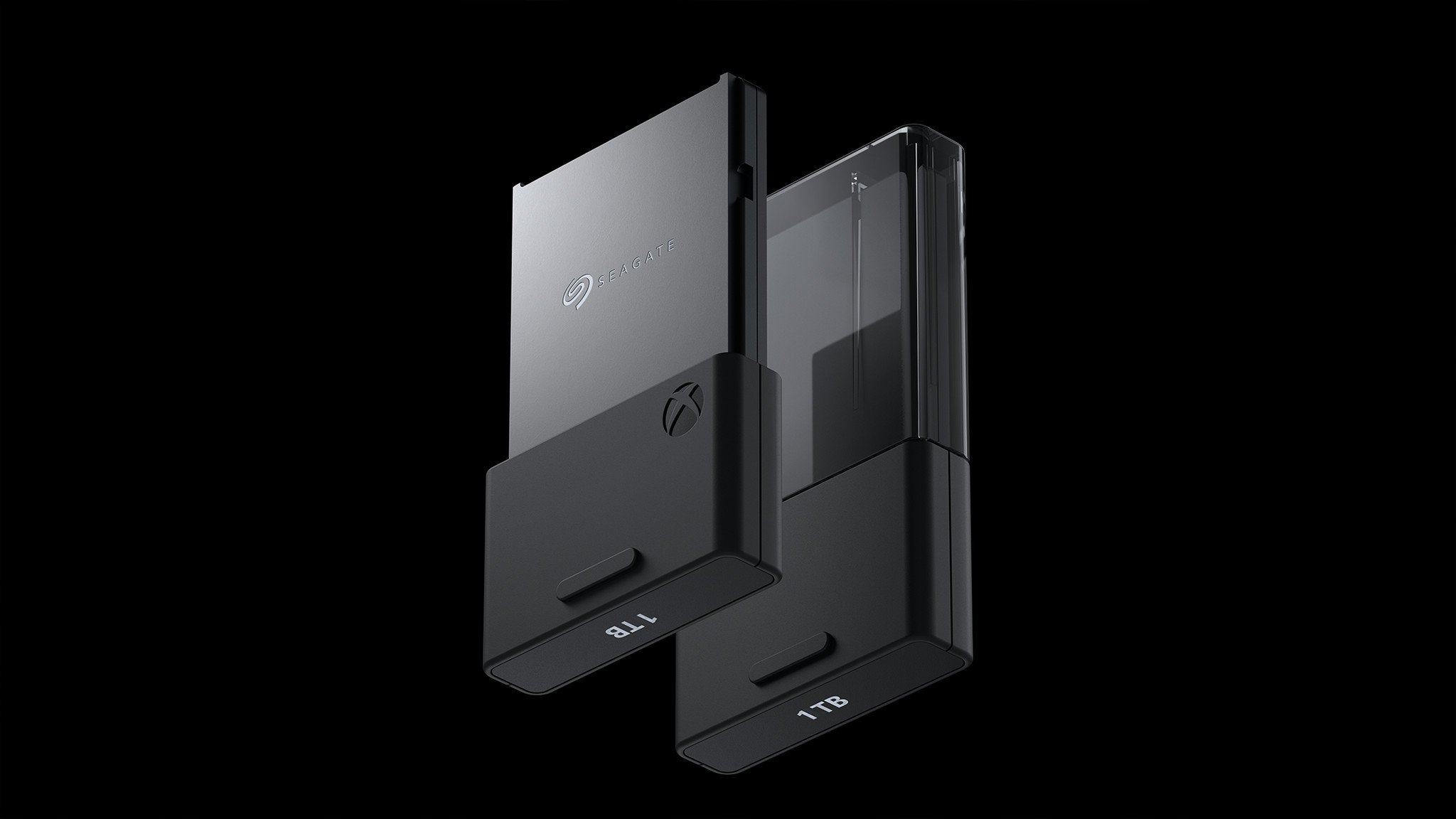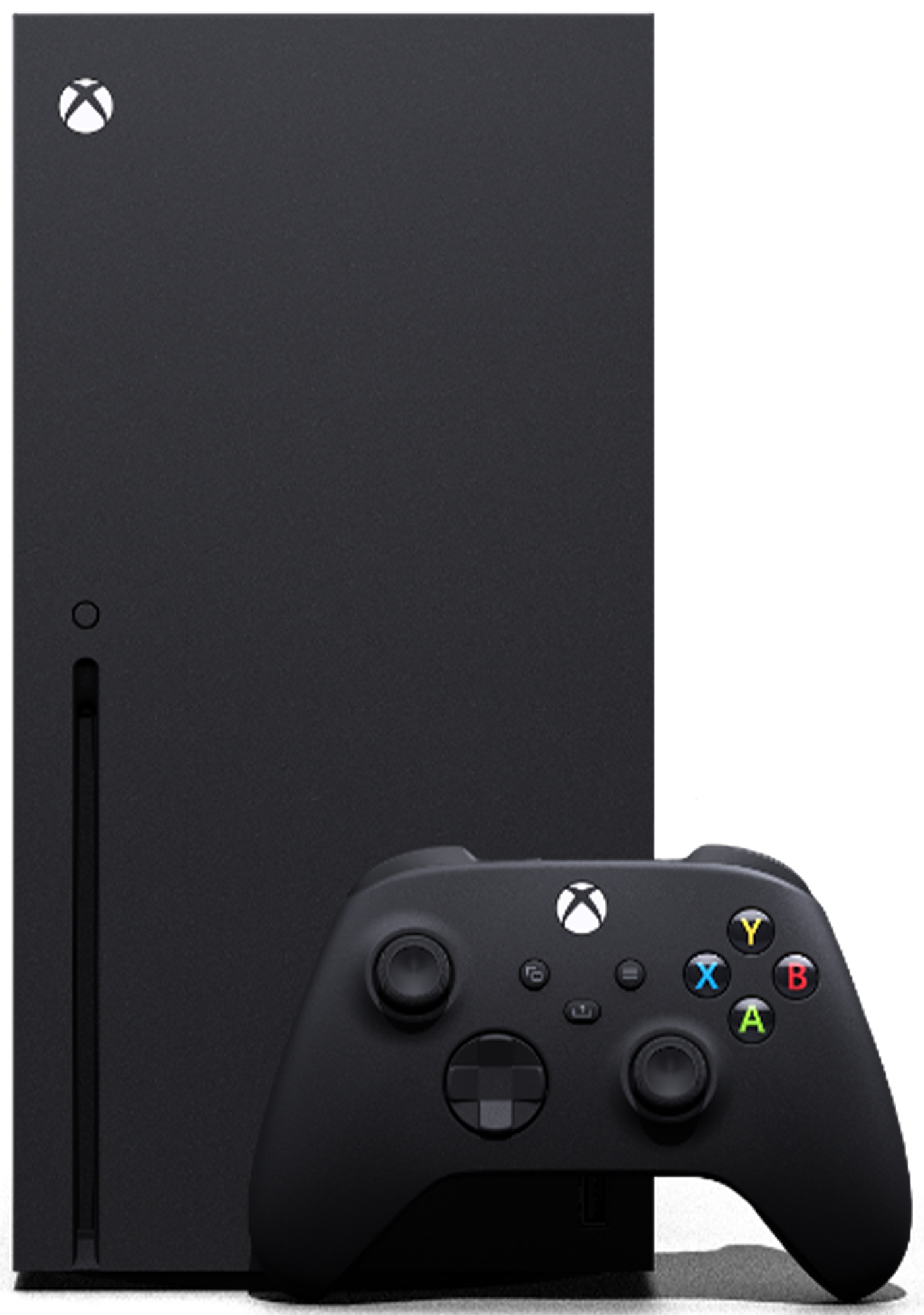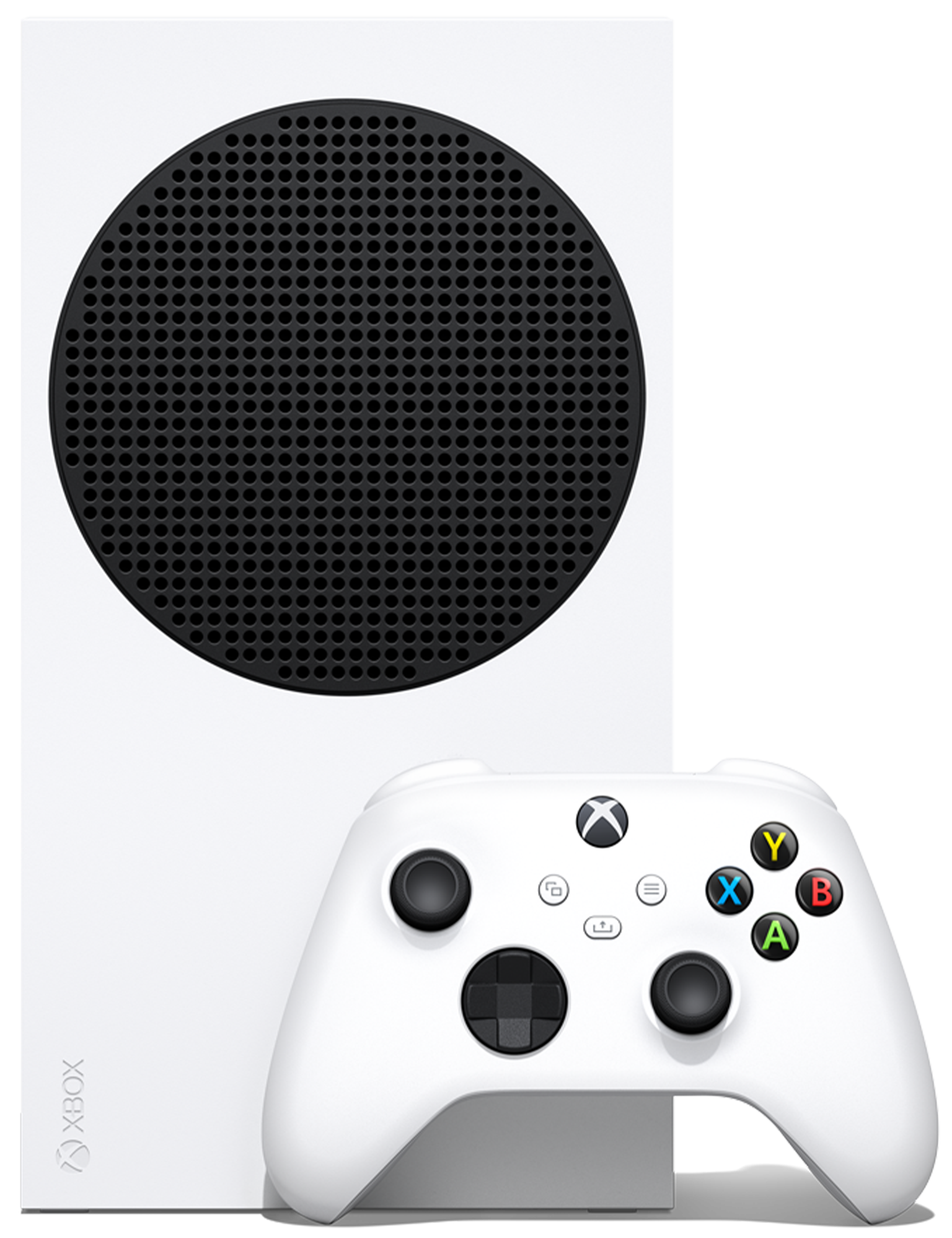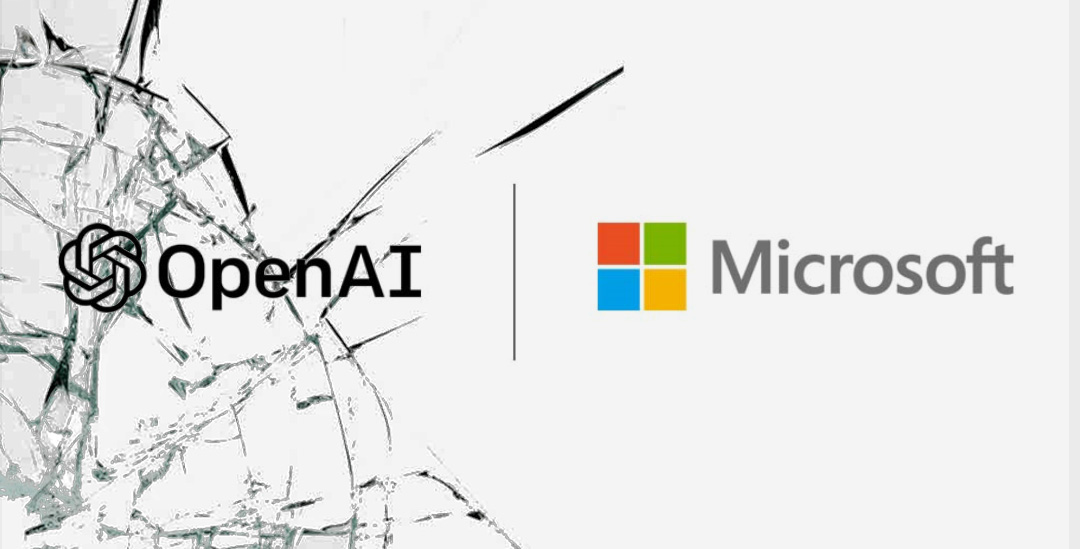Xbox Series X, Xbox Series S 1TB expansion card to cost $220, suggests leak
Microsoft's proprietary storage expansion for Xbox Series X and Xbox Series S could be costly, even if not a huge surprise given the SSD technology inside.

All the latest news, reviews, and guides for Windows and Xbox diehards.
You are now subscribed
Your newsletter sign-up was successful

Microsoft has finally shown its hand for the next console generation, unveiling a secondary Xbox Series S console, accompanying the Xbox Series X with its November 10 launch. The two-pronged approach has seen the platform holder cater to all crowds, split between its bleeding-edge $499 flagship and its more affordable, all-digital $299 counterpart. The aggressive retail price leaves Microsoft well-positioned against market rival, Sony, also set to launch its PlayStation 5 console later this year.
The Xbox Series X and Xbox Series S pack a variety of latest generation hardware, including an upgrade to solid-state drive (SSD) storage. The console maker has devised a custom, in-house NVMe solution, promising up to 2.4 GB/s raw speeds (or 4.8 GB/s compressed), delivering up to 40 times increases over the Xbox One family. The SSD plays a crucial role in what the console maker calls "Xbox Velocity Architecture," with a direct line to the CPU via PCIe 4.0.
Microsoft packs the same storage into both next-generation Xbox consoles, the only noteworthy difference being 1TB on Xbox Series X, cut to 512GB on Xbox Series S. That leaves the high-performance SSD fundamental to performance, eliminating USB hard drives for expansion like Xbox One in the process. Microsoft's solution is the Xbox Storage Expansion Card, a proprietary 1TB NVMe drive, exactly matching the Xbox Series X and Xbox Series S internal storage.
Related: Xbox proprietary expansion cards — the way forward or future curse?

The full next-generation experience.
Xbox Series X is Microsoft's new flagship, as its most powerful console with over 12TF GPU performance and a custom SSD. It boasts up to 4K resolution and 120 FPS, full backward compatibility across four generations, and ray-tracing support.
The move means next-generation storage can't be expanded through traditional SSDs, requiring this Seagate-branded cartridge to add to your onboard storage, instead. However, NVMe PCIe 4.0 technology doesn't come cheap, with an alleged GameStop leak (via Reddit) now suggests a $219.99 RRP on the 1TB Xbox Storage Expansion Card.
The premium price tag wouldn't be a huge surprise — we previously predicted around $200 back in April 2020. The high cost comes with the demanded performance, and as a proprietary solution, Microsoft and Seagate are free to charge as desired for that opportunity. But it's a word of warning, especially for Xbox Series S and its 512GB storage, likely to cost near to a secondary console to upgrade the out-of-box capacity.
While the Xbox Series X and Xbox Series S demand Microsoft's SSD storage to playing games, it's worth noting that USB 3.0 drives will function for backward compatibility, including Xbox One, Xbox 360, and original Xbox titles. Xbox Series X and S titles can also offload to these slower drives for safekeeping, but you'll need to transfer your installations to the official SSD manually before playing.
All the latest news, reviews, and guides for Windows and Xbox diehards.
The RRP highlights the main downside of proprietary, high-performance expansions demanded by Xbox Series X and Xbox Series S. But it's part of the next-generation secret sauce, and a price you'll need to pay to experience the best moving forward.
Xbox Series X/S
Main
- Xbox Series X: Everything we know
- Best games coming to Xbox Series X/S
- List of Xbox Series X specs
- What is the Xbox Series X release date?
- How much does Xbox Series X cost?
- Why you can't preorder Xbox Series X yet
- Best Xbox Series X Headsets

Matt Brown was formerly a Windows Central's Senior Editor, Xbox & PC, at Future. Following over seven years of professional consumer technology and gaming coverage, he’s focused on the world of Microsoft's gaming efforts. You can follow him on Twitter @mattjbrown.

